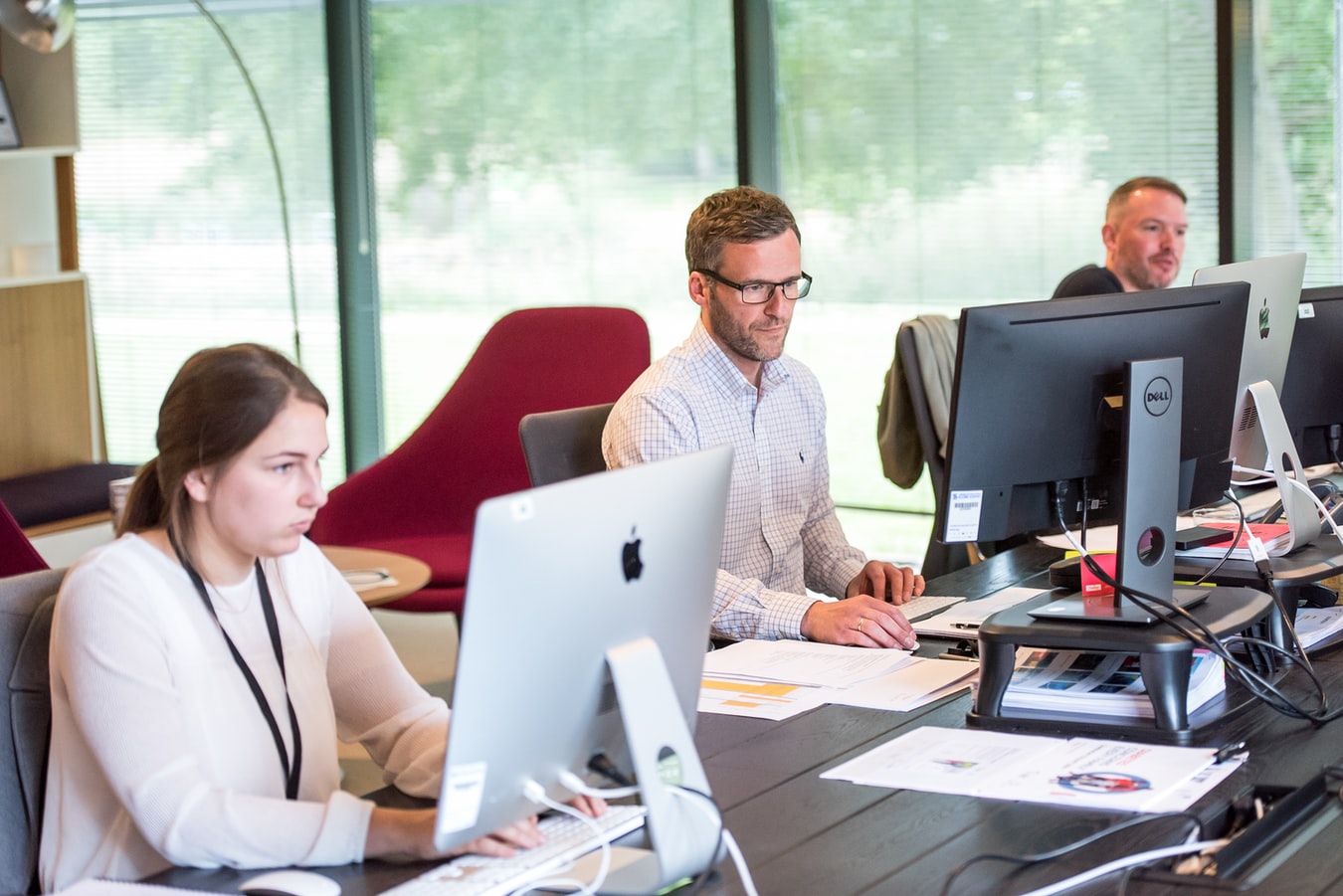Any business who wishes to survive in the 21st Century must have a website. In this internet age where everyone is connected and online; a website is usually the customer’s first point of contact with a company. That makes a website as essential to businesses as a physical store, if not more. Here is a guide to starting a website: 8 must-have things to consider.
Starting (finally) a website for your business is the best decision you will ever make, but you need to make sure you do it right. There are a lot of things to consider and decisions to make but let us make the process simpler and easier to follow. Here the 8 most important things you need to think about before you embark on this crucial journey.
8 Must-Have Things to Consider for Starting a Website
- Find your purpose.
What do you want your website to do? Do you simply want to inform? Do you want to raise awareness of your brand? Do you want people to sign up or subscribe? Do you want to promote events and have people attend them? Do you want to be able to sell products and services?
The point is, just like everything else in life, a clear goal is very important. This helps you make decisions clearly and more logically. Your website’s purpose will determine design and development elements, as well as priorities, and even budgets.
Some might say they want their website to be able to do it all; a one-stop shop, so to speak. The problem with that is users might be overwhelmed and fail to engage with the site. Additionally, without a clear goal, you will be pulled in different directions and that will make the web design and development a nightmare, and an expensive one at that, for both you and the website company you hire for the job.
Thus, it’s necessary to pick 1 or 2 clear goals for your website; and prioritise design decisions around those goals.
- Take an inventory.
A lot of businesses already have websites that need to be updated. Some think an update is necessary because the site is old. However, there are other reasons to update a website. And for this, you need to take a long and hard look at your current site and see what works and what does not.
How is the navigation menu? Is it too complicated and heavy? Look at the aesthetics of the site. Do the colors complement each other? Do the fonts match? How about the images and other media content? Are they high-quality and relevant and engaging to your users?
Be very objective about this inventory or ask web design and development experts do an inventory for you so they spot issues without bias. Additionally, check your competitors’ website to see what theirs look like or how theirs work and then compare it with your own.
- Decide how you would like to be seen.
Chances are, there are hundreds of businesses just like you. With these many options, it is harder and harder to get customers to do business with you. Since the customer’s first point of contact is your website, they must see what kind of business you are. Are you experts in your field? What are your expertise and specialisations? Are you fun and personable? They must see your values and your propositions, so they can decide whether to engage with you.
- Know who you serve.
Communication should always be for the benefit of the listeners. The same applies for websites. Remember that the website is always for the users not the business owner. Therefore, design for your target customers. If you have the budget, you can hire experts in website development in Sydney to do an in-depth analysis; but if not, you must have a very specific idea of the demographic you are trying to reach out to. You must understand their needs, wants, and aspirations. What drives them to buy a product? Why do they go online? What do they search for? Knowing this could inform your website design decisions.
- Get inspired.
What websites do you love and what about it do you love? What websites do you dislike and what about it do you dislike? If you could provide this information to your web designer, they will have an idea of how to help you set up your own website, from navigation to aesthetics to your values.
- Come up with a web traffic plan.
Needless to say, websites are pointless when there is no traffic. Before starting a website, one of the 8 must-have things to consider is a traffic plan. How are you going to get people through the door? Techniques include SEO, marketing campaigns on social media and EDM, TV and radio ads, among others.
- Appoint a manager.
Consider who will be managing your website. Ensure they are right fit because managing a website is akin to managing a physical store. You can’t just set up the site and leave it to fend for itself. A website, like a physical store, needs constant refreshing so it can stay relevant to your customers. It also requires a human being to answer any questions your customers might have about your products and services. Therefore, your manager must not only know the company inside out; they must also be knowledgeable in web design and development, content management and others.
- Come up with conversion plan.
Websites are easy to make but will do what it’s supposed to do? Can it convert? A conversion plan will help your website achieve your goals and determine the steps to achieve the goals. For this, you might want to employ website development experts in Sydney. They can help you create a customised step by step conversion plan that will help your site convert.
A website is a crucial tool of any trade, A business simply can’t survive and thrive in the 21st Century without a website. If you are considering starting or updating your website, here are the 8 must-have things to consider before starting a website.

